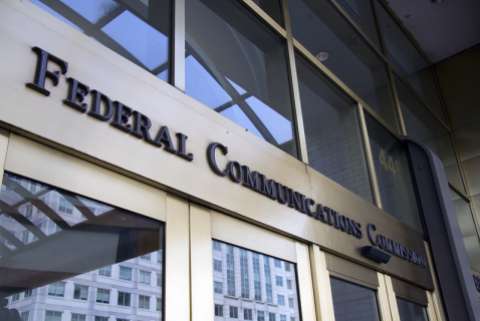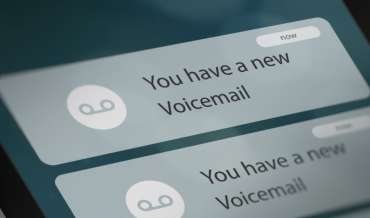The Federal Communications Commission (FCC) released a Declaratory Ruling and Order last week addressing a petition regarding soundboard technology. The Ruling comes in response to petitions from NorthStar Alarm Services, LLC and Yodel Technologies LLC. The FCC essentially reaffirms the status quo, which is that soundboard technology—also known as "avatar tehcnology"—must conform to the same consent standards as any other prerecorded voice message.
The FCC explains its stance in the introduction to the Ruling:
“With this Declaratory Ruling, we confirm that the TCPA applies to any telephone call to a residential telephone line initiated using an artificial or prerecorded voice message. If such a call is initiated using an artificial or prerecorded voice message—whether made using soundboard technology or otherwise—the caller must obtain the called party’s prior express consent for such a call unless an exemption applies. This is true even if a live agent controls the initial artificial or prerecorded voice message using soundboard technology.”
Northstar had sought a “ruling that the use of ‘soundboard technology’ is not use of an artificial or prerecorded voice that delivers a message under the TCPA because soundboard requires a live agent to play multiple short recorded messages instead of one continuous prerecorded message.” Yodel, meanwhile, had sought a “retroactive waiver of the Commission’s rules for calls it made using soundboard technology.” This FCC Ruling explicitly denies both of these requests.
The consequences for callers are clear: soundboard technology does not exist in some nebulously regulated space; prior express consent is a clear requirement for compliance. Any callers who use soundboard technology would be well served to review their policies in order to ensure compliance with this clearly explicated consent standard.





